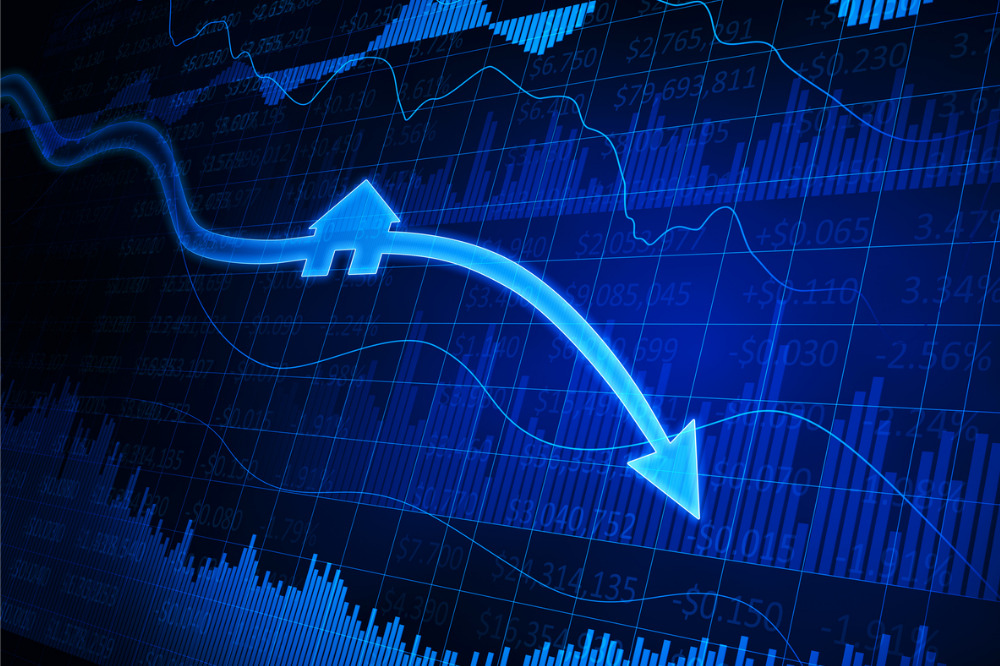Australian house prices will bottom out in September this year, falling by 20% from their peak in April 2022, Shane Oliver, chief economist at AMP, has predicted.
What’s more, the price plunges will likely “re-accelerate” in the lead-up to the September quarter as struggling mortgage holders resort to “distressed selling” on the housing market.
“We haven’t yet seen the full impact of interest rates on the housing market,” Oliver told news.com.au.
There was also a “high risk,” he said, of the housing bubble bursting in a bust scenario, although he pointed out that this was not the most likely scenario.
The AMP economist said a 20% plunge was pretty much inevitable due to three factors that will come to a head and reach a “critical mass” that will savage the real estate industry.
Oliver said that by September, about 30% of Aussie mortgage holders will have to transition to a variable interest rate as they roll off their three-year, much lower fixed-rate deals.
“We don’t know how those people are going to handle their mortgage reset,” he said. “Some would say you need to watch that as you suddenly see a critical mass of people’s loans resetting, whereas the variable rate has been more gradual.”
This could result in many trying to quickly sell their houses faced with paying off a much heftier loan.
Interest rates are expected to continue lifting this year. There’s also a possibility an impending global recession could reach Australia, which could also negatively impact the housing market.
“Rising mortgage rates are the main driver of the slump and there is likely more to go,” Oliver said. “Since April a buyer on average full-time earnings with a 20% deposit has seen a 27% decline in their home buying power.
“We continue to expect a 15 to 20% top-to-bottom fall in home prices out to the September quarter, as the full impact of rate hikes flows through and as economic conditions slow sharply this year resulting in rising unemployment.
“Reflecting this we see around another nine per cent fall in prices out to around September, with prices falling 7% over 2023 as a whole.”
Sydney would be the most severely affected, followed by Melbourne and Brisbane, with Hobart and Canberra also in the same risk bracket.
Oliver said Adelaide, Darwin, and Perth wouldn’t be significantly hit as they haven’t risen as far as the other capitals. The debts of homeowners in those capitals also weren’t as large as the rest, meaning they wouldn’t be as devastated by a house-value plunge.
Oliver also warned that while the 20% plunge was the most likely scenario, there was also “a high risk” of a property crash.
The housing bubble bursting would see house prices losing 30% of their value.
Average national home prices were currently down by 8% from their high and dropped 5.3% in 2022, making it the worst calendar-year decline for house prices since 2008.
Average capital city prices performed worse and were now 8.% lower and dropped 6.9% last year, making this the worst calendar year on CoreLogic records, wh date back to 1980, news.com.au reported.
Have a thought about falling house prices? Include it in the comments below.


